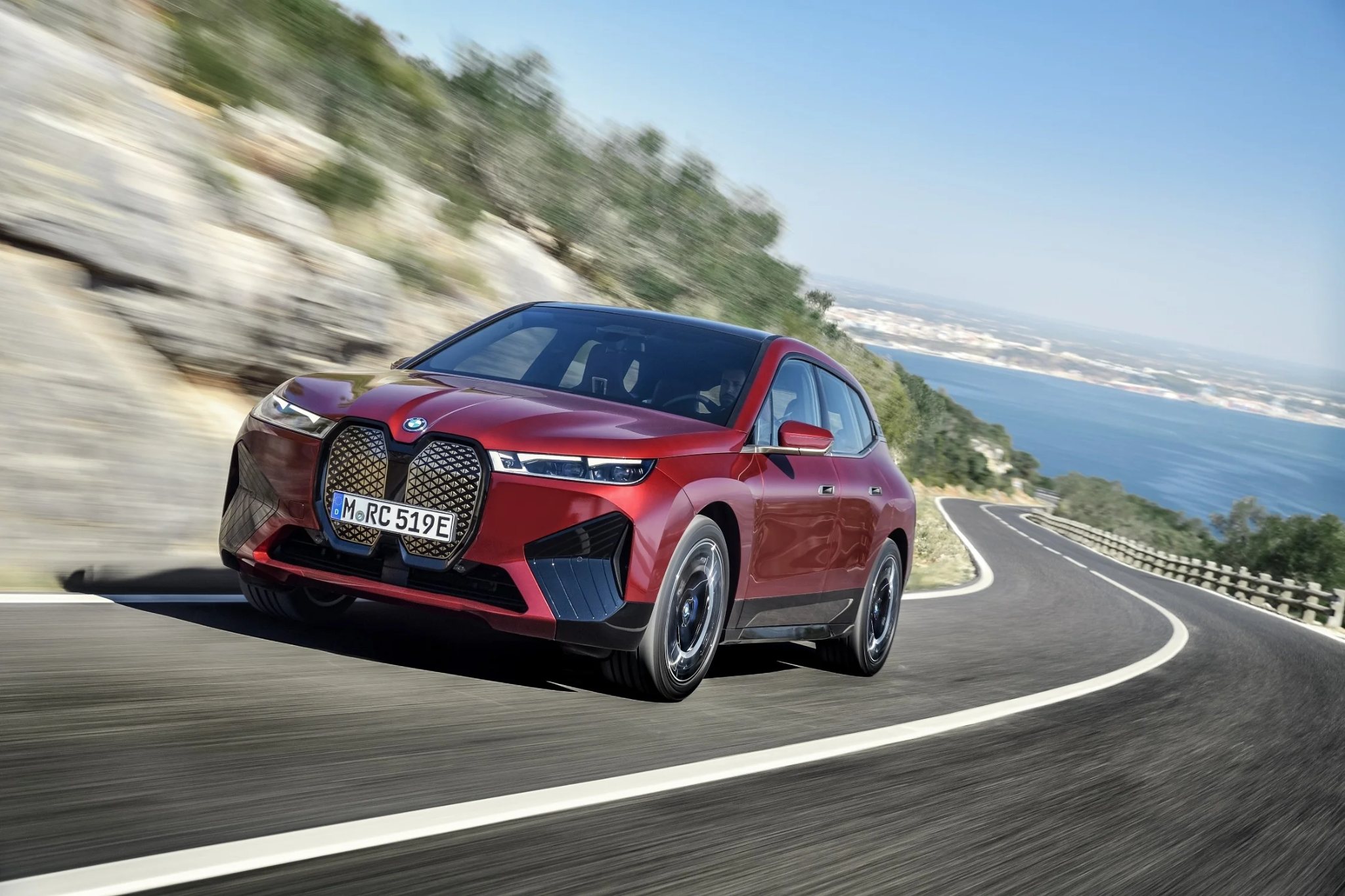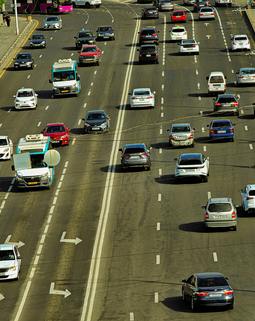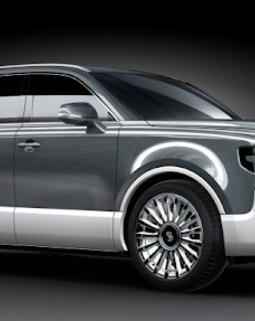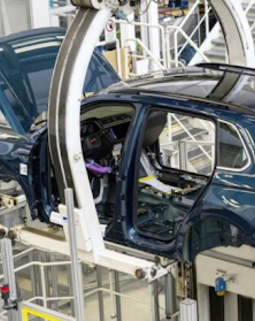Nestled in the heart of Africa, Burundi, a landlocked country sharing borders with Congo, Tanzania, and Rwanda, is witnessing commendable progress in its automobile industry. Though economists express concerns about stability, the demand for Japanese cars surges.
Japanese used car exporters are crucial in offering Burundians durable, reliable, high-quality, and affordable vehicles. This overview delves into the state of the automobile sector in Burundi, exploring the impact of global events, the country's car import policy, and the industry's evolving dynamics.
Navigating the Automobile Landscape in Burundi
Burundi's automobile industry has consistently grown, with Japanese cars gaining popularity for their durability and affordability. The country's dependence on imported vehicles, especially from Japan, is on the rise, and understanding the import process and policies becomes crucial for buyers and importers to navigate the market seamlessly.
The Impact of COVID-19 on Auto Imports
Before the COVID-19 pandemic, the import of vehicles in Burundi was on an upward trajectory. However, trade restrictions imposed during the pandemic did affect the industry.
Despite these challenges, the demand for used Japanese vehicles remains robust. The resilience of this demand underscores the significance of affordable and reliable transportation options in the country.
Car Import Policy: A Guide for Buyers
Understanding the car import policy in Burundi is paramount for anyone looking to engage in the trade. As the country's automobile industry is still finding its footing, imported vehicles, especially from Japan, serve as a popular choice among the locals.
Key Elements of Burundi's Car Import Policy
Burundi is meticulous about its trade routes, with three main ports facilitating automobile imports:
Dar Es Salaam in Tanzania
Durban in South Africa
Mombasa in Kenya
Each port has its advantages and limitations, influencing choices for importers. Dar Es Salaam, in Tanzania, stands out as a commonly used port, known for its streamlined trade process.
Left-Hand Drive Dominance
Left-hand drive automobiles are prevalent in Burundi, aligning with common driving practices. However, the government and law authorities also permit right-hand drive cars. Japanese vehicles, primarily right-hand drive, gain favour due to their high quality, versatility, and reliability on Burundi's roads.
Age Restriction Flexibility
Unlike some countries, Burundi imposes no age restrictions on imported Japanese used cars. Buyers can choose vehicles regardless of age, making older, more affordable cars a viable option. The absence of inspection restrictions increases the convenience of managing used car imports.
Inspection Exemptions
Burundi's car import policy does not mandate specific standards for vehicle inspection. This exemption eases the process for Burundians, allowing them to import vehicles without undergoing mandatory inspections. Three authorities in Burundi offer inspection certificates, streamlining the import process.
Conclusion: Driving into the Future
As Burundi continues to evolve economically, its automobile sector navigates challenges while presenting growth opportunities. With their affordability, reliability, and adaptability to local preferences, Japanese cars play a pivotal role in shaping the automotive landscape. Understanding and adapting to the nuances of the car import policy positions buyers and importers for success in this dynamic market.





